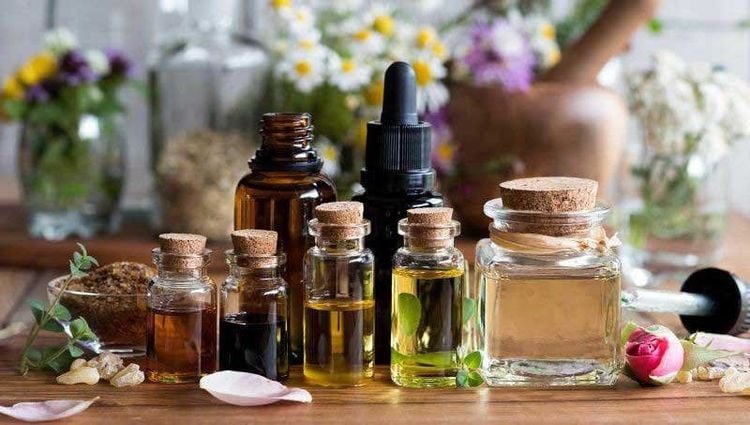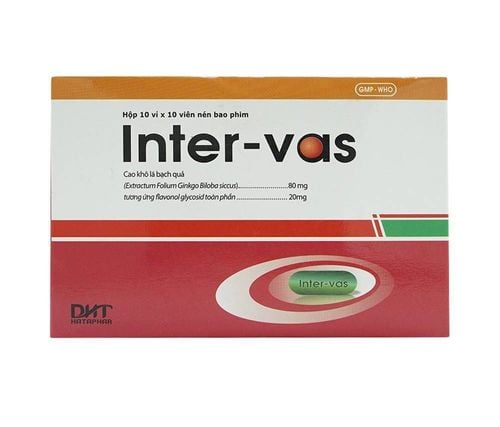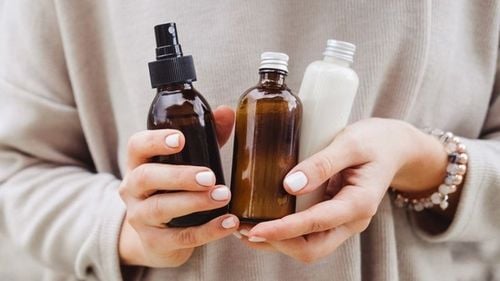This is an automatically translated article.
Essential oils are commonly used in aromatherapy, a form of alternative medicine that uses plant extracts to support health. However, some of the health benefits associated with these oils are controversial. This article provides additional information to explain all about essential oils and their health benefits.1. What are essential oils?
Essential oils, compounds extracted from plants. The unique aromatic compounds that give each essential oil its distinctive nature - aromatherapy.Essential oils are obtained through steam and/or water distillation or mechanical methods, such as cold pressing. Once the fragrance chemicals have been extracted, they are combined with a carrier oil to create an easy-to-use product.
The method of production of essential oils is very important, because essential oils obtained through chemical processes are not considered to be real essential oils.
2. How do essential oils work?
Essential oils are most commonly used in aromatherapy. Essential oils should not be swallowed. The chemicals in essential oils can interact with your body in a number of different ways, such as when applied to the skin.It is thought that certain methods of application can improve absorption, such as applying heat to different areas of the body or using an essential oil in a steam bath.
Inhaling aromas from essential oils can stimulate areas of the limbic system in the body,- impacting emotions, behavior, smell and long-term memory.
The limbic system is heavily involved in memory formation, and may partly explain why familiar smells can trigger memories or emotions. The limbic system also plays a role in controlling a number of unconscious physiological functions which include breathing rate, heart rate and blood pressure.
3. Popular essential oils
There are more than 90 essential oils with different aromas and health benefits. Some popular essential oils and the health benefits associated with them:Peppermint : Used to boost body energy and aid digestion Lavender: Used to relieve stress Sandalwood Frankincense: Used to calm the nervous system and help with focus, Bergamot: Used to relieve stress and improve skin-related conditions like eczema Rose: Used to improve the mind Chamomile: Used to improve mood as well as induce relaxation Ylang-Ylang: Used to treat headaches, nausea and skin diseases Tea tree: Used to combat Fights infections and boosts immunity Jasmine: Used to help fight depression, childbirth and lower libido Lemon: Used to aid digestion, and the scent of lemon also helps improve mood, headache...

Có hơn 90 loại tinh dầu thơm khác nhau với nhiều lợi ích sức khỏe
4. Health Benefits of Essential Oils
Although they are widely used, little is known about essential oils' ability to treat a number of health conditions. Some evidence of common health problems that essential oils and aromatherapy have been used to treat.4.1. Stress and anxiety It is estimated that 43% of people with stress and anxiety use some form of alternative therapy to help relieve symptoms.
The scent of certain essential oils can work alongside traditional therapy to treat anxiety and reduce stress.
Using essential oils during a massage can help relieve stress on the body, although the effects only last during a massage
4.2. Headaches and Migraines In the 1990s, several studies with essential oils found that applying a mixture of peppermint oil and ethanol to the forehead and temples caused subjects to relief from headaches.
Moreover, applying a mixture of chamomile and sesame oil to the temples can treat headaches and migraines. However, more in-depth quality studies are needed on this issue.
4.3. Sleep and Insomnia Lavender essential oil has been shown to improve the sleep quality of women after childbirth, as well as patients with heart disease.
Results of a review of 15 essential oils and sleep studies. The results obtained when using essential oils - mainly lavender oil - had a positive effect on sleep habits.
4.4. Reducing inflammation Essential oils can help fight inflammatory conditions in the body. One study in rats found that a combination of thyme and oregano essential oils helped relieve colitis.
However, there are still very few human studies that have examined the effects of these oils on inflammatory diseases. Therefore, the effectiveness and safety of these essential oils are still unknown.
4.5. Antibiotics and antimicrobials The rise of antibiotic-resistant bacteria has made people more interested in finding other compounds that can fight infections caused by bacteria. For example, menthol and tea tree oil have quite positive antibacterial effects.
Although these research results were conducted in vitro, these results can help provide the basis for further research into the effects of essential oils on the human body.

Một số loại tinh dầu thơm có thể làm giảm lo lắng, căng thẳng
5. How to choose the right essential oil
Here are some tips for choosing only high-quality oils:Purity: Find an oil with no additives or synthetic oils. Pure oils often list the botanical name of the plant (such as Lavandula officinalis) rather than terms like lavender essential oil. Quality: Real essential oils include those that are least altered during extraction. Choose essential oils that do not contain chemicals that have been extracted through distillation or mechanical cold pressing. Manufacturer brand: Buy products from a reputable brand for high quality products.
6. Safety and side effects when using essential oils
Used in conjunction with a carrier oil for use on the skin, most essential oils are considered safe. However, its use should be limited to certain subjects including pregnant women, children and pets.Essential oils can also cause a number of side effects, including: rashes, asthma attacks, headaches, allergic reactions
While the most common side effects of essential oils: rashes, essential oils have can cause more serious reactions, and they have been linked to one death. For example, oils that are commonly associated with side effects include: lavender, peppermint, and tea tree.
In cinnamon oil there are many phemoles, which can cause skin irritation and should not be used on the skin without combining with a carrier oil. Meanwhile, essential oils made from citrus fruits can increase the skin's reaction to sunlight and may cause burns.
Ingesting essential oils is not recommended, as doing so can be harmful and in some doses can be fatal
Essential oils are generally considered safe to inhale or apply to the skin if they are combined with oils background. They should not be eaten. However, supporting evidence for many of their related health claims is lacking, and the effectiveness of essential oils is often exaggerated. For health problems, using essential oils as a complementary therapy can be harmless. However, if your medical condition is severe or you are taking medications, you should discuss their use with your healthcare practitioner.
Please dial HOTLINE for more information or register for an appointment HERE. Download MyVinmec app to make appointments faster and to manage your bookings easily.
Reference source: healthline.com












